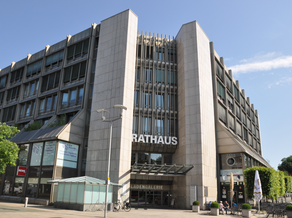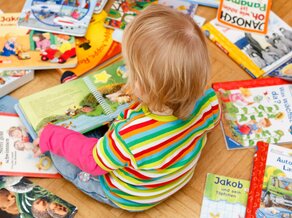In the case of plantation products such as tea, oranges and bananas, the pickers are supported. They are the most disadvantaged links in the production chain, and fair trade helps them to act more confidently in international trade. The farms and plantations undertake to comply with minimum social and ecological standards. Representatives of the plantations and the day laborers form a committee, the so-called Joint Body, which decides on the use of the Fair Trade premiums. The producers undergo further training in the areas of production processes and marketing.
In addition, social projects such as schools, community rooms, tools, wells, pharmacies, school scholarships and much more are financed. In total, around 800 producer groups in 60 countries in Africa, Asia and Latin America benefit from Fair Trade with the label; around 1.2 million small farmers and plantation workers are represented.
And we consumers in Germany benefit from the good quality of Fair Trade products and receive products that have been produced with great care, taste excellent and are not contaminated with pesticides.






